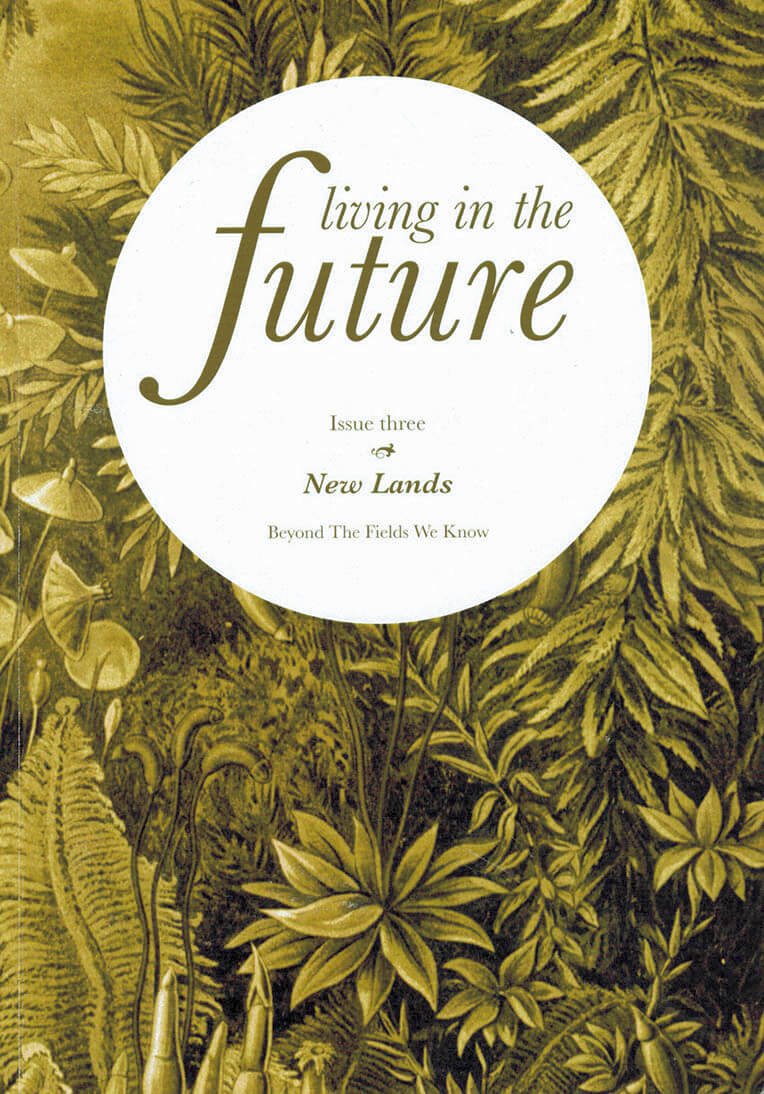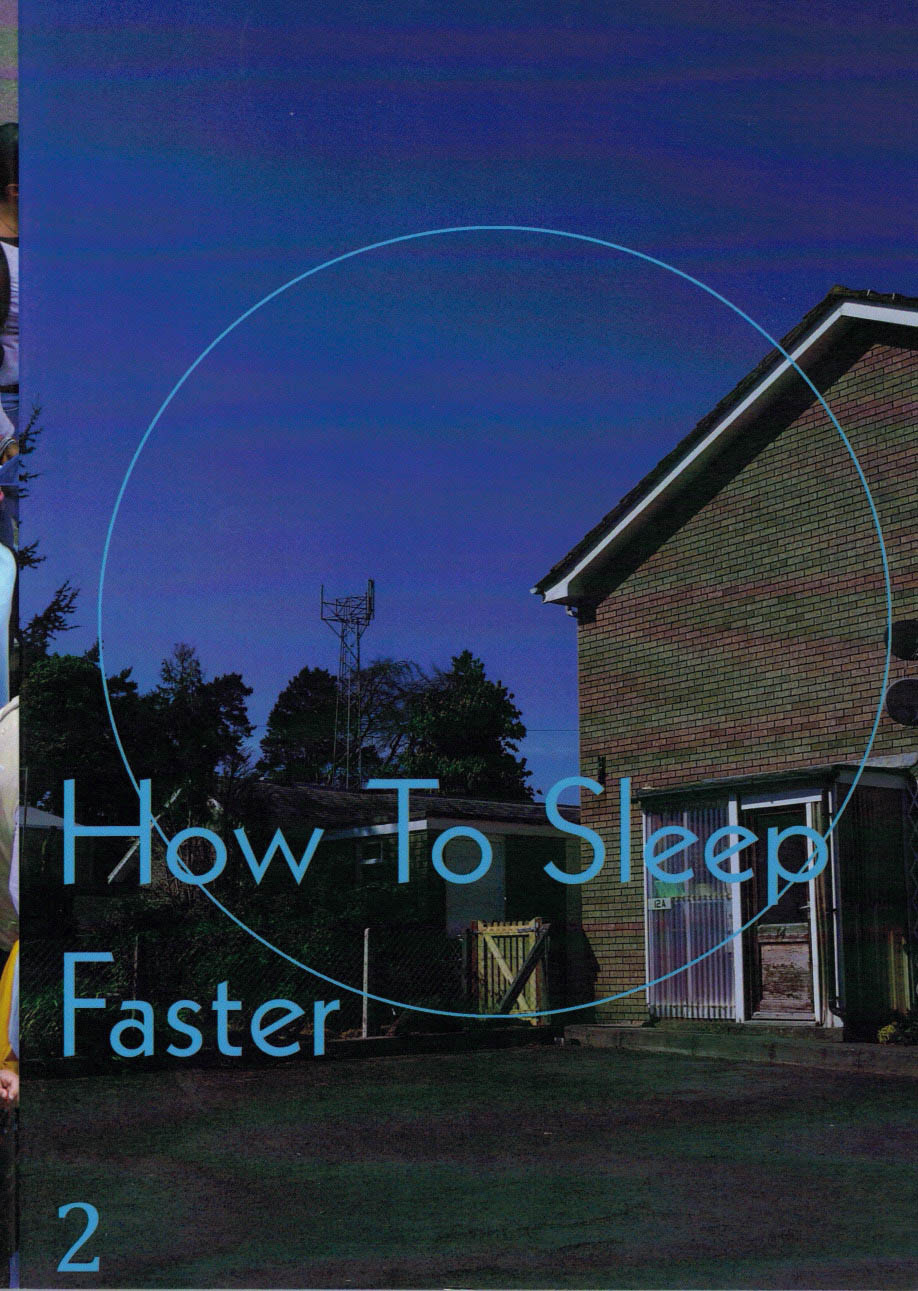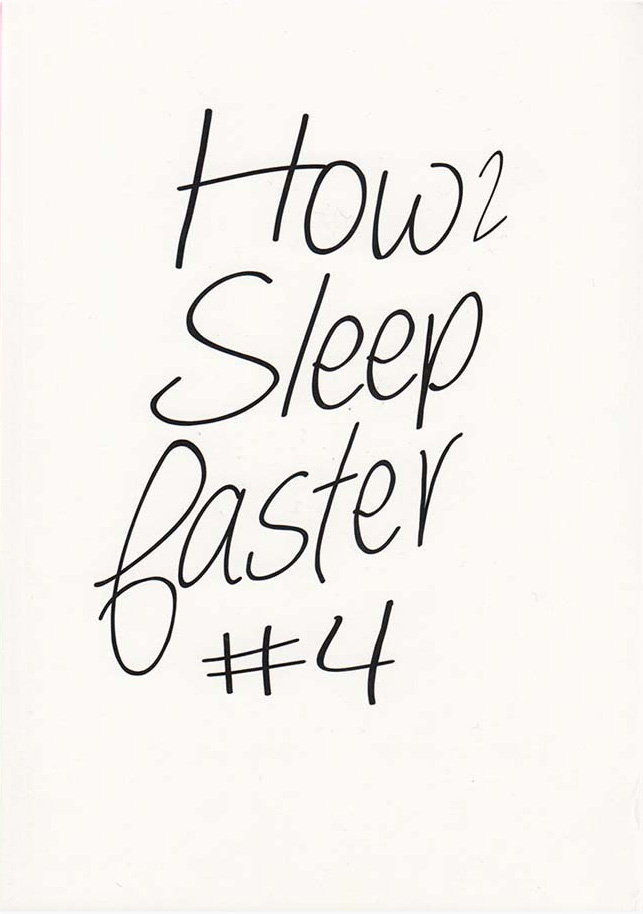Various
Various

Belladonna Chaplets 2018
241. Laura Buccieri: Songbook for a Boy Inside
240. K. Lorraine Graham: from Feed
239. Marta López-Luaces: Reminiscences of Echoes
238. Montana Ray: Mirroring
237. Yumi Dineen Shiroma: A Novel Depicting “The” “Asian” “American” “Experience”
236. Anaïs Duplan: 9 Poems/The Lovers
235. Serena J. Fox: Night Landing
234. Orchid Tierney: Blue Doors
233. Aditi Machado: This Touch
232. Iman Mersal: الصوت في غير مكانه (The Displaced Voice); translated by Lisa White
231. Abdellah Taïa: 99 Names
230. Javier Zamora: Revising into the Right? Form…Hopefully?
229. Aracelis Girmay: MOTHER MOTHER YOU ARE WHO I LOVE
228. Christina Barreiro, Lindsey Hoover, Fatima Lundy, Rupert McCranor, Kayla Park, Chrissy Ramkarran, Asiya Wadud, Rachael Guynn Wilson: Out-Of-Office
227. Baseera Khan: Be Careful What You Wish
226. Maryam Monalisa Gharavi: Alphabet of an Unknown City
225. Göksu Kunak: I thought this would
Please specify which edition you would like. You can reach out to confirm availability of specific chaplets.

Belladonna Chaplets 2019
247. Sahar Muradi: A Garden Beyond My Hand
246. Diana Khoi Nguyen: Unless
245. Pamela Sneed: from Black Panther
244. Gail Scott: from Furniture Music
243. Ru (Nina) Puro: I Give You a Feeling, Sweet Jasmine, an Absence
242. Raquel Gutiérrez: There’s a Mother in my Lazy Pompadour
Please specify which edition you would like. You can reach out to confirm availability of specific chaplets.

Living in the Future

How to Sleep Faster 1
How to Sleep Faster is published as part of the collaborative discussion that form the critical direction of the gallery. and sits alongside the first two exhibitions – Sleep Faster (February), and How to Carve Totem Poles (March). It has been put together as an open ended continuation of this dialogue through which we seek to understand the contradictions / complexities that define and form our experience, existence and participation in a contemporary digital-analogue creative environment.
Arcadia Missa Publications; Rozsa Farkas, Tom Clark, Jammie Nicholas, Laura Farley (eds).

How to Sleep Faster 2
How to Sleep Faster 2 is the second of our biannually published journals that form the backbone of Arcadia Missa’ critical collaborative discourse on participation, post-digital visual-production and institutional subjectivity.This issue explores moments of collapse, shift and potential in a cultural moment framed by economic, political and societal disturbance.
Arcadia Missa Publication; eds Rozsa Farkas, Tom Clark et al.

How to Sleep Faster 3
How is survivalism mediated in contemporary culture? . . . For this issue we asked the semi-speculative question: is it possible that survivalism is our only remaining ideological position. This was in part to see how we might be able to understand a hyper, hysterical, hyperbolic moment of cultural production as either indicative of, or (more hopefully) creating the momentum for an escape from, an age of contemporary ‘cynical reason’.
Arcadia Missa Publications; Rozsa Farkas, Tom Clark, Harry Burke (eds).

How to Sleep Faster 4
With the fourth issue of How to Sleep Faster we asked our contributors four interconnected questions: What now is a radicalised, networked, subjectivity? How can we build a commons through and from this subjectivity? Is it self-critical in its understanding of the ‘we’ it talks for? And lastly, how do, and how must, these subjectivities engage with globalised material realities?
At root, the exploration of these ideas — as connected themselves – is about a critique of readings of the network through Multitude. We are looking to think beyond immanence, and look to something else, by asking what ‘something else’ is, or could be.
Contributors: Megan Kelly Rooney, Eleanor Weber, William Kherbek, Hannah Black, Harry Sanderson, Georgina Miller, Paul Kneale, Candice Jacobs, Aimee Heinemann, Ann Hirsch, Harry Burke, Rosa Aiello, John Bloomfield, Maja Malou Lyse (Boothbitch), Holly White, Martina Miholic, Felix Petty, Huw Lemmey, Julian Molina, Rachel Schofield Owen, Charlie Woolley, Jesse Darling, KERNEL.
Rozsa Farkas, Tom Clark (eds).

How to Sleep Faster 5
What are our politics of refusal? Sleep? Catatonia? Hedonism? Transgression even? #hustle?
[Can refusal can be performed as resistance and not operate as preemptively fucked. . .]
Arcadia Missa Publications; Rózsa Farkas, Holly Childs, Leila Kozma, Tom Clark (eds)

How To Sleep Faster 6
“How can we fuck in a way that doesn’t support a patriarchal prism and standard for sex to reflect capitalist relations? Can sex be a site for identity politics, after we are imbued with the lore and failure of the sexual ‘revolution’?”


Rematerialising Feminism
Edited by Alice Brooke, Giulia Smith & Rózsa Farkas
